Medicine details
| Image |  |
| Name | Unifarin-2 |
| Dosage | Tablet |
| Generic Name | Warfarin Sodium |
| Classes |
Anticoagulant Coagulation Modifier Haematological Agent |
| Diseases |
Cardiac Valve Replacement Cardiovascular Disease Post Myocardial Infarction Thromboembolism Thrombosis |
| Company | Unimed & Unihealth Manufacturers Ltd. |
Drug Package Details
| Strength | 2 mg |
| Storage Condition | |
| Origin Country | Bangladesh |
| Commercial Pack | 100 |
| Price per pack | ৳ 200.00 |
| Cost per pack | ৳ 176.00 |
| Package unit | 10 tabs strip |
| Price per unit | ৳ 2.00 |
| Cost per unit | ৳ 1.76 |
| Discount | 0 |
| Coupon | |
| Remarks |
Warfarin Sodium
Warfarin is a vitamin K antagonist that belongs to the class of drugs called anticoagulants. It works by inhibiting the synthesis of vitamin K-dependent clotting factors, thereby preventing blood clots from forming.
Warfarin is indicated for:
- Prophylaxis and treatment of venous thrombosis and its extension, pulmonary embolism
- Prophylaxis and treatment of thromboembolic complications associated with atrial fibrillation and/or cardiac valve replacement
- Reduction in the risk of death, recurrent myocardial infarction, and thromboembolic events such as stroke or systemic embolization after myocardial infarction
- Individualize dosing regimen for each patient, and adjust based on INR response.
- Knowledge of genotype can inform initial dose selection.
Monitoring:
- Obtain daily INR determinations upon initiation until stable in the therapeutic range. Obtain subsequent INR determinations every 1 to 4 weeks.
- Review conversion instructions from other anticoagulants.
The following side effects have been reported with the use of Warfarin sodium-
- Hemorrhage
- Necrosis of skin and other tissues
- Systemic atheroemboli and cholesterol microemboli
- Urticaria
- Bruising
- Vasculitis
- Hepatitis
- Tissue necrosis: Necrosis or gangrene of skin or other tissues can occur, with severe cases requiring debridement or amputation. Discontinue Warfarin Sodium and consider alternative anticoagulants if necessary.
- Systemic atheroemboli and cholesterol microemboli: Some cases have progressed to necrosis or death. Discontinue Warfarin Sodium if such emboli occur.
- Heparin-induced thrombocytopenia (HIT): Initial therapy with Warfarin Sodium in HIT has resulted in cases of amputation and death. Warfarin Sodium may be considered after platelet count has normalized.
- Pregnant women with mechanical heart valves: Warfarin Sodium may cause fetal harm; however, the benefits may outweigh the risks. ]
- Patients taking warfarin should avoid activities that may increase the risk of bleeding, such as contact sports or heavy lifting.
- Patients should inform their healthcare provider of any signs or symptoms of bleeding, such as unusual bruising, bleeding gums, or blood in the urine or stool.
- Patients should inform their healthcare provider of any changes in their diet or medication regimen, as warfarin can interact with many drugs and certain foods.
- Patients should avoid alcohol and tobacco, as they can affect the metabolism of warfarin and increase the risk of bleeding.
- Warfarin Sodium can cause major or fatal bleeding.
- Perform regular monitoring of INR in all treated patients.
- Instruct patients about prevention measures to minimize risk of bleeding and to report signs and symptoms of bleeding.
Contraindication
Hypersensitivity to warfarin or any component of the product.
None known.
Warfarin is contraindicated in the following conditions-
- Pregnancy, except in women with mechanical heart valves
- Hemorrhagic tendencies or blood dyscrasias
- Recent or contemplated surgery of the central nervous system (CNS) or eye, or traumatic surgery resulting in large open surfaces
- Bleeding tendencies associated with certain conditions
- Threatened abortion, eclampsia, and preeclampsia
- Unsupervised patients with potential high levels of non-compliance
- Spinal puncture and other diagnostic or therapeutic procedures with potential for uncontrollable bleeding
- Major regional or lumbar block anesthesia
- Malignant hypertension
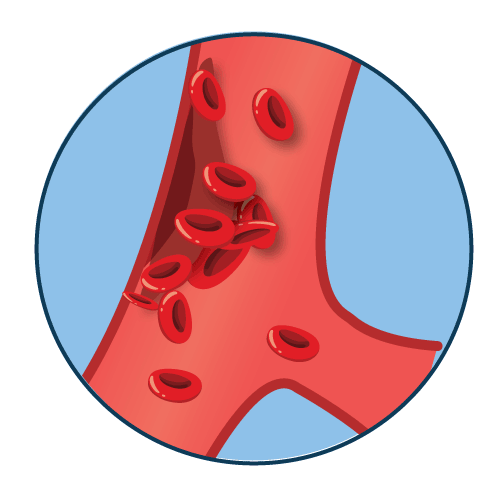
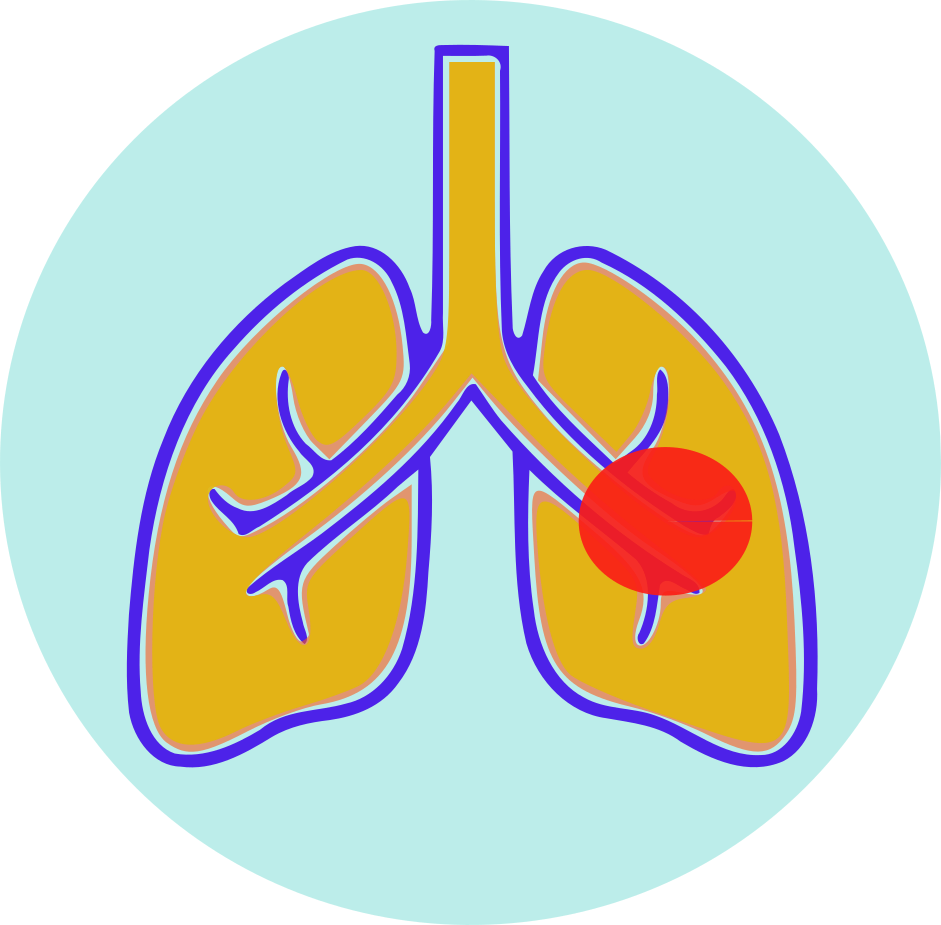
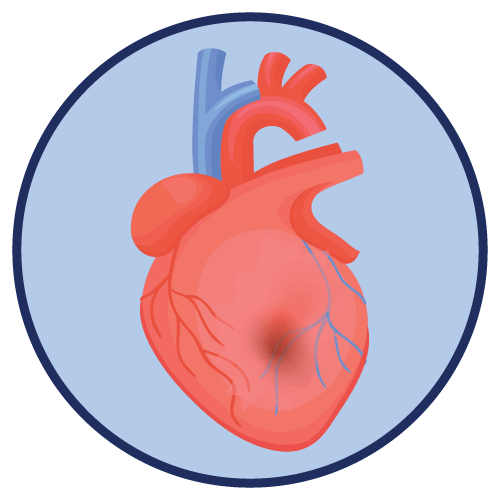
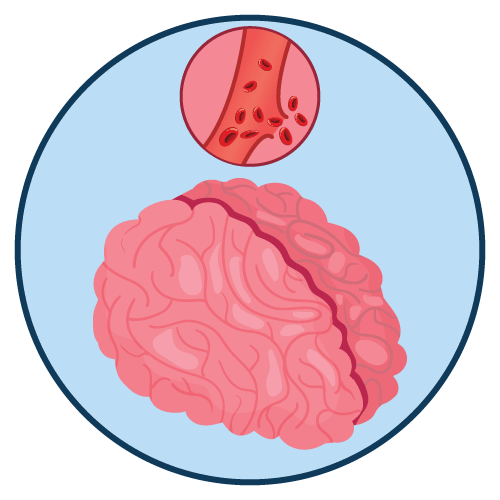
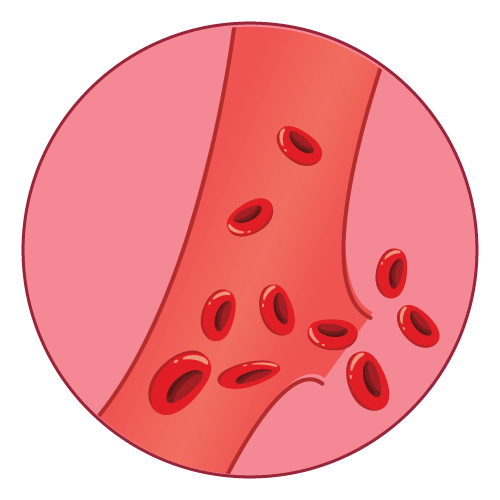

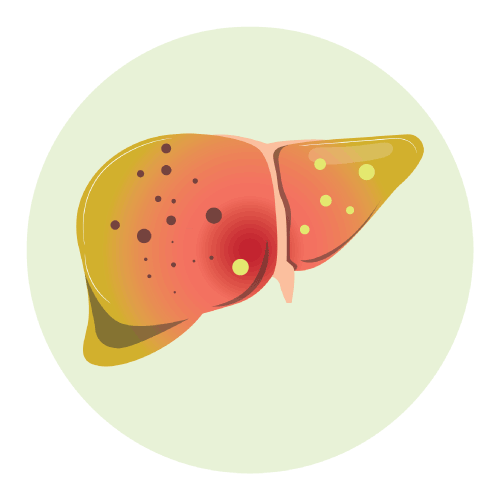
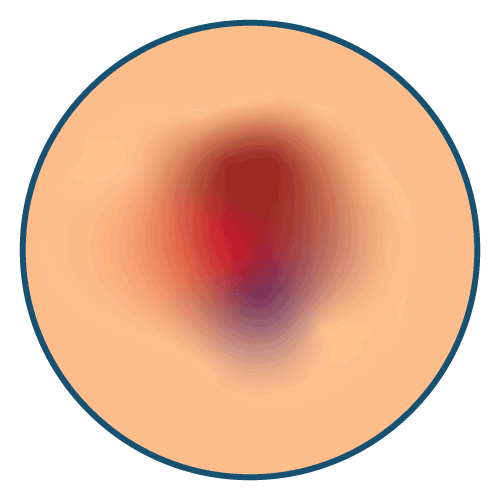


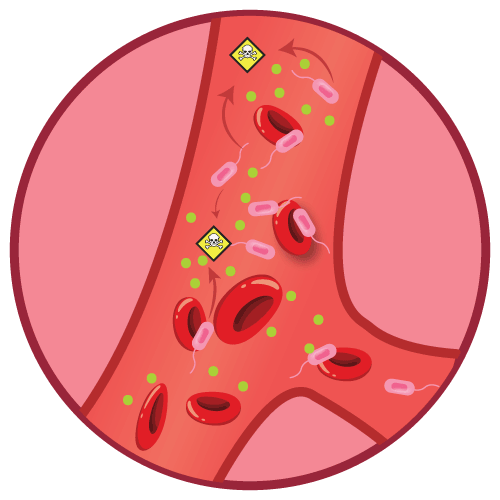
 Bangla
Bangla English
English